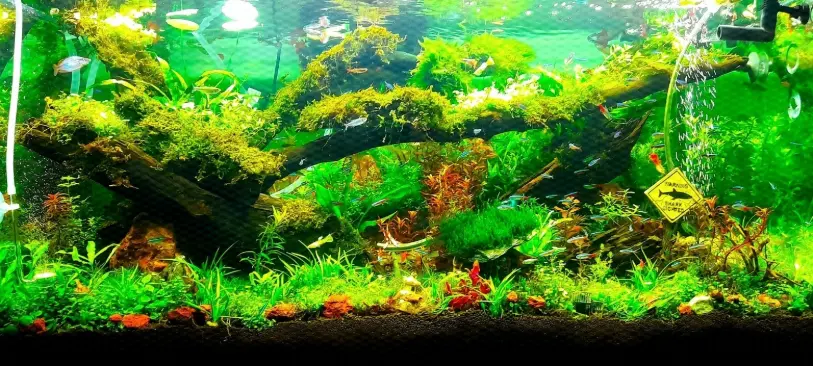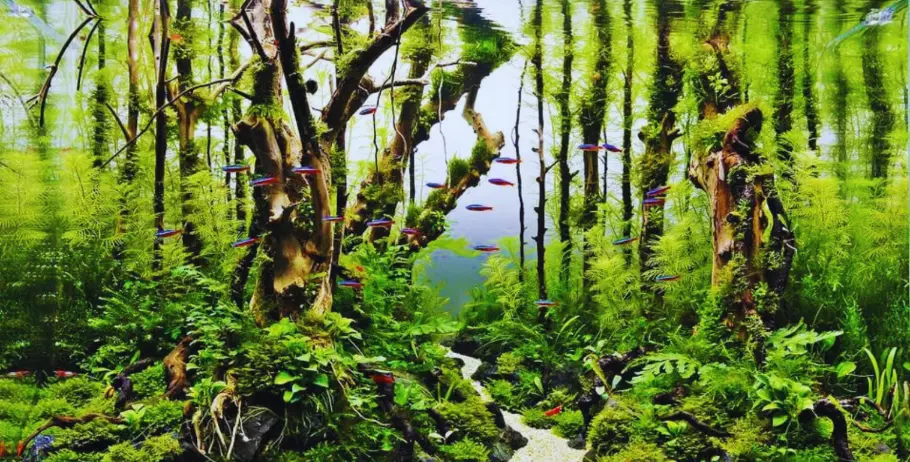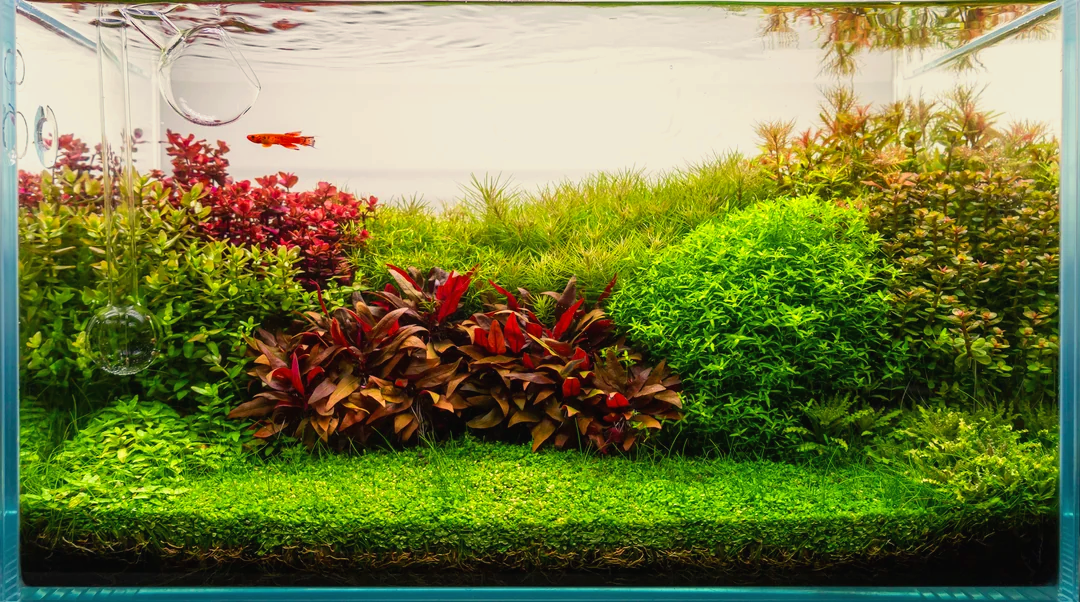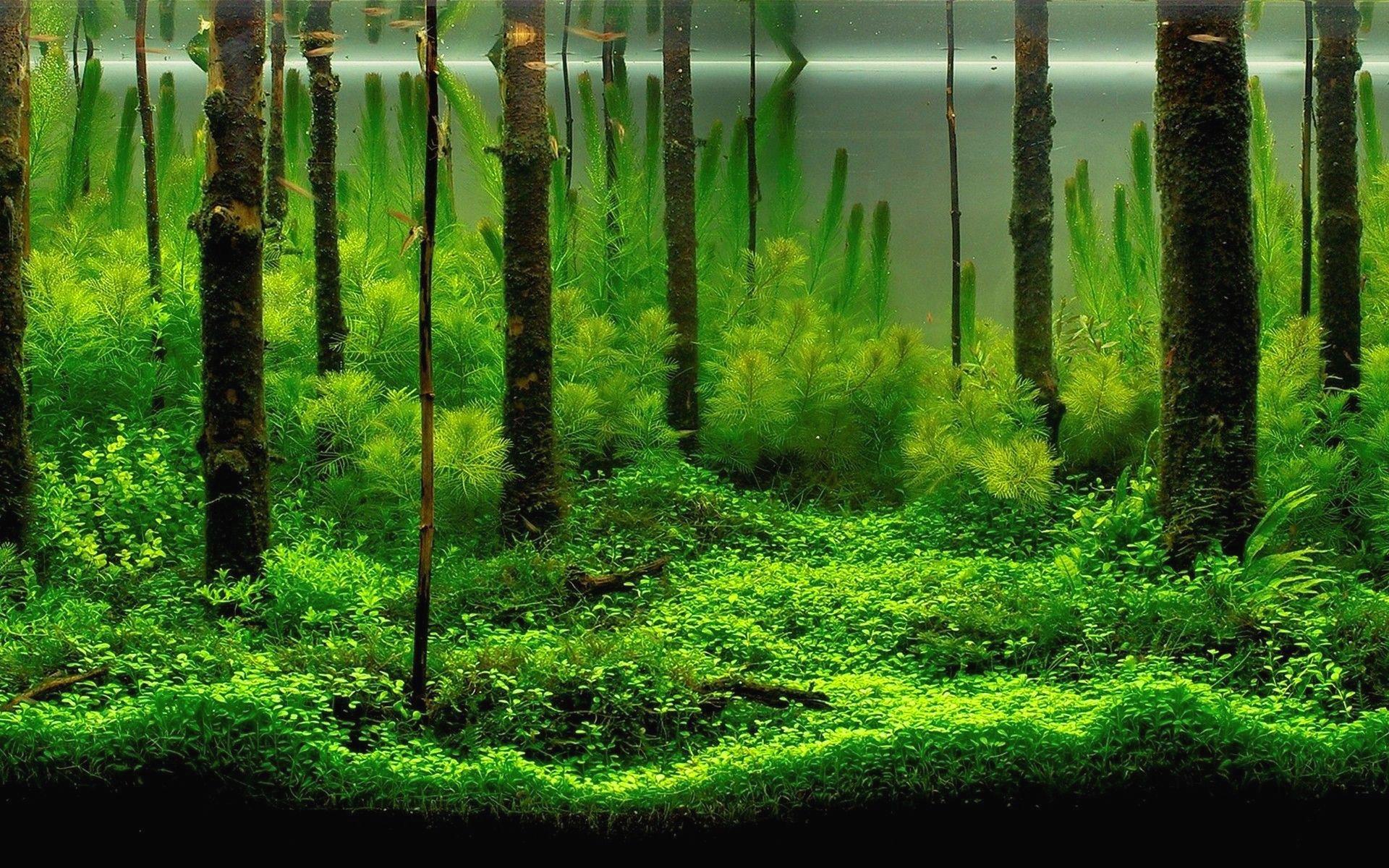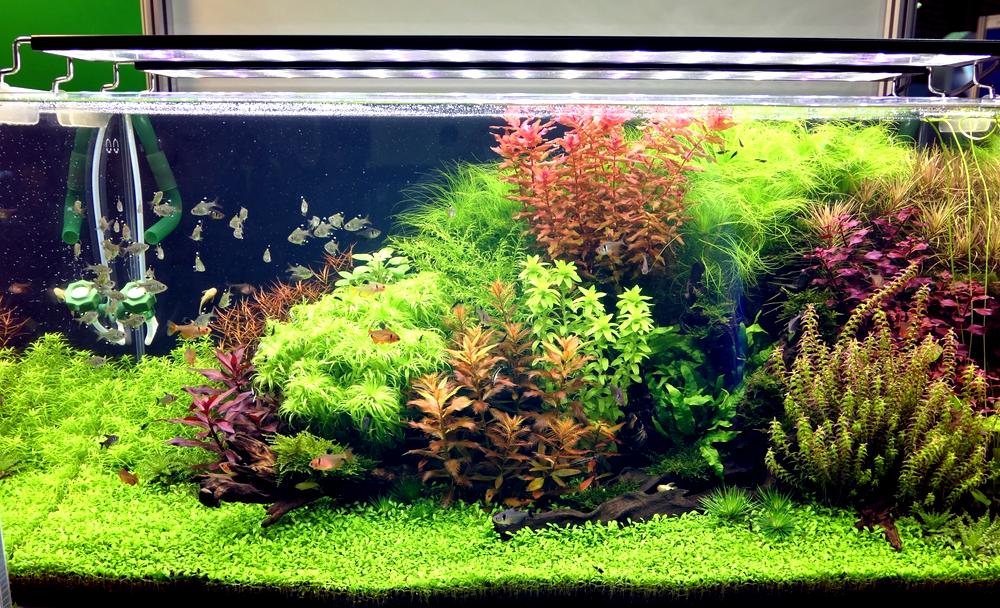Discover the Art of Aquascaping :
4 Unique Styles / Concept
Aquascaping it's about creating a living underwater masterpiece. Whether you prefer a structured layout or a natural, wild look, there’s a style that fits your vision.
Today, we introduce you to four distinct aquascaping styles, each offering its own charm and character :
🌿The Dutch Aquascaping Styles : A Classic, Lush Underwater
Garden :
The Dutch aquascaping style is one of the oldest and most visually striking approaches to aquascaping. It originated in the Netherlands in the 1930s and focuses on dense, colorful plant arrangements, creating an underwater botanical garden.
- Lush, Layered Planting
- Plant Variety & Contrast
- Terracing & Street Effect
- No Hardscape (Minimal Rocks & Wood)
- Strict Maintenance & Pruning
- High-Tech Setup
🌿 Popular Plants Used in Dutch Aquascaping :
✅ Red Plants – Rotala rotundifolia, Ludwigia repens, Alternanthera reineckii
✅ Foreground Plants – Staurogyne repens, Cryptocoryne species
✅ Tall Background Plants – Hygrophila corymbosa, Bacopa caroliniana, Vallisneria
✅ Bushy & Midground Plants – Pogostemon helferi, Limnophila sessiliflora
🌿 Iwagumi Aquascaping Style : The Art of Simplicity & Balance :
The Iwagumi aquascaping style is a minimalist and elegant design concept that focuses on rock formations, open space, and harmony. It was introduced by Takashi Amano, the legendary aquascaper, and is inspired by traditional Japanese Zen gardens.
- Stone-Centric Layout (Rock-Only Hardscape)
- Odd Number of Stones (3, 5, or 7)
- Low-Growing Carpeting Plants
-
High Lighting & CO₂ Injection Required
- Small Schooling Fish as the Final Touch
🌿The Iwagumi Rock Placement Rules :
- Oyaishi (主石) – The Main Stone
- The largest, tallest stone that defines the entire layout.
- Usually placed slightly off-center, following the Golden Ratio.
- Fukuishi (副石) – Secondary Stone
- A supporting rock, smaller than the Oyaishi but placed nearby for balance.
- Soeishi (添石) – Assistant Stones
- Additional small stones that complement the main composition.
- Suteishi (捨石) – Hidden or "Sacrificial" Stones
- Smaller stones that add natural randomness but do not stand out.
🌿 Jungle Aquascaping Concept: A Wild & Natural Underwater Paradise 🌿
The Jungle Style Aquascape is all about creating a wild, untamed, and lush underwater forest that mimics the dense plant growth of tropical rivers and rainforests. Unlike the structured Dutch style or the minimalist Iwagumi style, the Jungle aquascape embraces random growth, natural flow, and a slightly overgrown look
-
Dense, Overgrown Look
-
Large Leaf Plants & Bushy Growth
-
Dark & Shadowy Areas
-
Fish Play a Big Role
- Low Maintenance (But Controlled Growth Needed)
🌿 Best Plants for a Jungle Aquascape
✅ Large Leaf Plants – Amazon Sword (Echinodorus), Cryptocoryne
✅ Tall Background Plants – Vallisneria, Limnophila, Cabomba
✅ Midground Bushy Plants – Java Fern, Anubias, Hygrophila
✅ Floating Plants – Salvinia, Water Lettuce, Red Root Floater
✅ Mosses & Carpet Plants – Java Moss, Pearl Weed
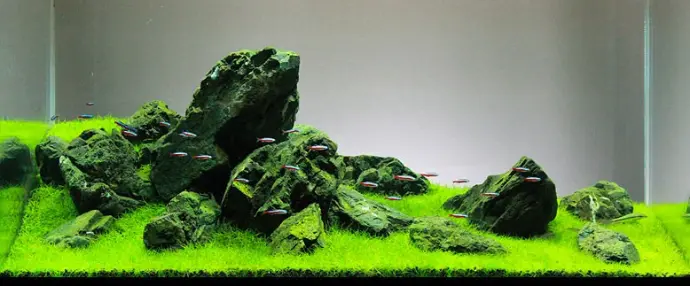
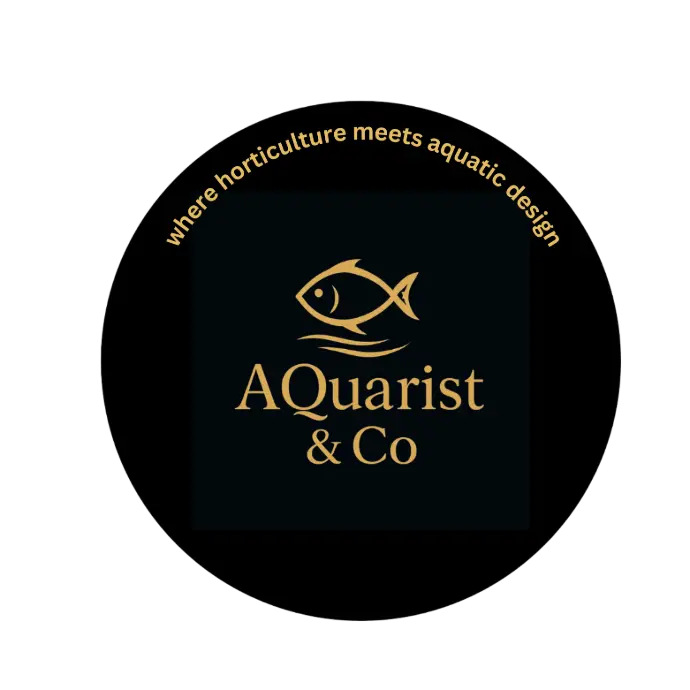
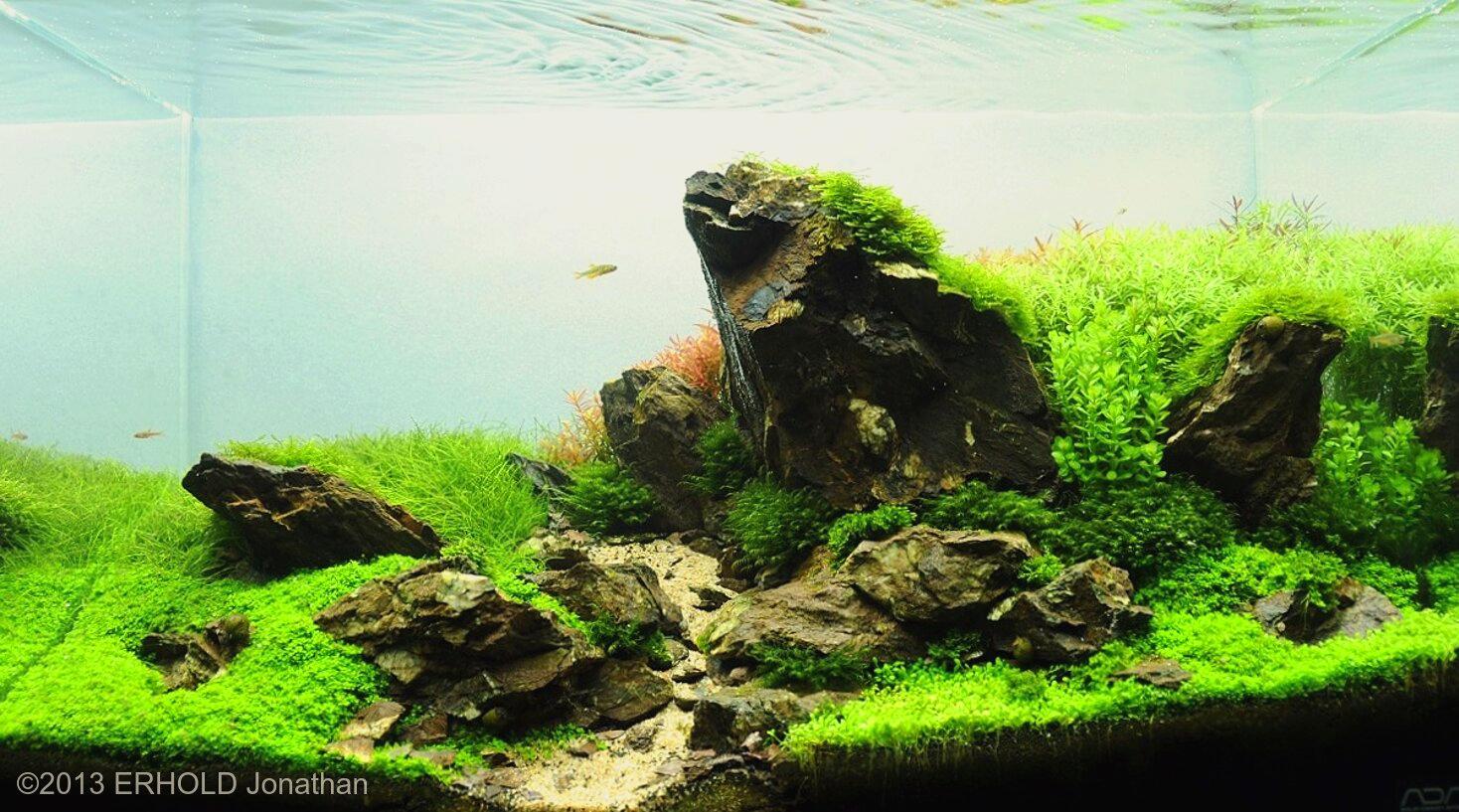

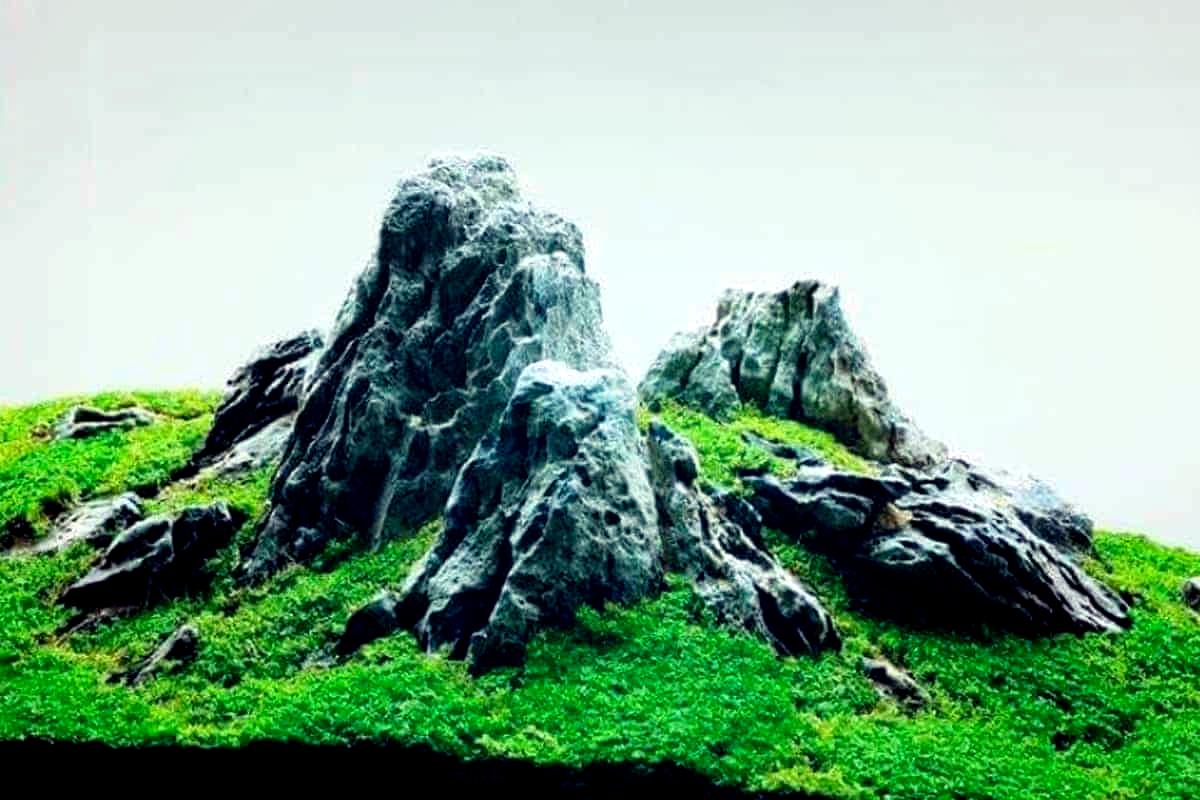

🌿 Nature Aquarium: Definition & Concept
The Nature Aquarium is an aquascaping style inspired by natural landscapes, where aquatic plants, driftwood, and rocks are arranged to create a miniature underwater ecosystem. This concept was introduced by Takashi Amano, the founder of ADA (Aqua Design Amano), and is heavily influenced by Japanese Zen gardens and natural scenery.
🌱 Key Features of a Nature Aquarium
✔ Inspired by Nature – Mimics forests, mountains, rivers, and other natural environments.
✔ Balanced Ecosystem – Plants, fish, and microorganisms coexist harmoniously.
✔ Hardscape & Plants Together – Uses driftwood, rocks, and lush plant growth for an organic look.
✔ Open, Flowing Design – Emphasizes natural asymmetry and movement.
✔ Low Maintenance Over Time – After initial setup, it becomes a self-sustaining ecosystem
